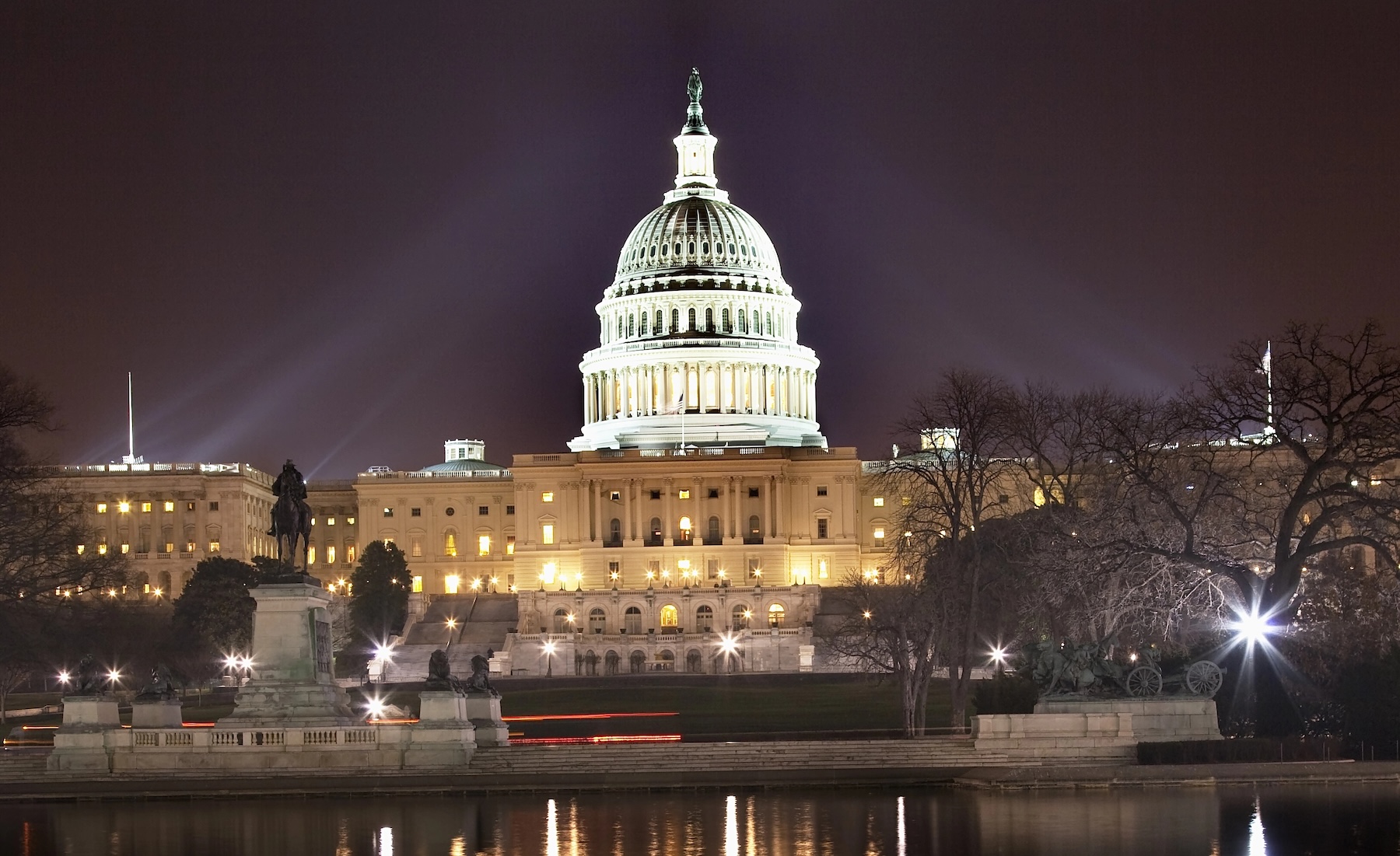Tax Plan Extends Some Tax-Free Student Loan Forgiveness


The House Ways and Means Committee has proposed a narrow extension of a tax exemption for student loan forgiveness as part of its 2025 budget reconciliation bill (PDF File). While the proposal would allow borrowers who have their loans discharged due to death or total and permanent disability to continue avoiding tax bills on the forgiven amount, it does not include forgiveness tied to repayment plans.
This provision, found in Section1100019 of the draft bill, amends the Internal Revenue Code to maintain the tax exclusion for certain types of discharges. The current law, enacted under President Trump’s first administration with the the Tax Cuts and Jobs Act in 2017, exempted death and disability discharge.
Subsequent legislation under the American Rescue Plan Act, signed by President Biden, exempted all types of student loan forgiveness until December 31, 2025.
Without action, all forgiven amounts, including for death or disability, would become taxable in 2026. However, this proposed plan continues to allow just death and disability discharge to continue tax-free. Note: Public Service Loan Forgiveness is always tax-free federally.
It’s important to remember that taxes and student loan forgiveness is a messy subject. Beyond the federal rules, each state has their own rules regarding state taxes and loan forgiveness. Some states follow federal law, some do not.
The proposed language specifically retains tax relief for student loan forgiveness related to:
These include discharges under Sections 437(a) and (d) of the Higher Education Act, Section 464(c)(1)(F), or similar provisions for private education loans. It applies to both federal and private student loans.
The provision would apply to loan discharges occurring after December 31, 2025.
Notably absent from the bill is any extension of tax-free forgiveness for other common types of student loan discharge. This includes:
Unless Congress acts to expand the exemption, these discharges will again be treated as taxable income starting in 2026. That would mean borrowers could face significant tax bills after receiving loan forgiveness through long-term repayment plans or government programs targeting fraud or school closures.
The proposed tax bill remains a draft and will likely face several rounds of revisions and changes before advancing to the House floor. Democrats have previously called for a permanent exemption for all student loan forgiveness, while Republicans have focused on limiting what they view as costly or expansive debt cancellation efforts.
With student loan payments resumed after a multi-year pause and court cases ongoing over federal forgiveness plans, borrowers will be watching closely to see whether broader protections are restored or left to expire.
Don’t Miss These Other Stories:

Student loans often follow borrowers for years, sometimes decades. Even people who fully understand how much they borrowed can feel...

It was a busy week for RIA aggregators. There were a few large moves, including $235 billion multi-family office Cresset...

Blog Posts Archives UnfavoriteFavorite February 27, 2026 Weave: The Social Fabric Project Subscribe to Weave’s Newsletter This story was originally...